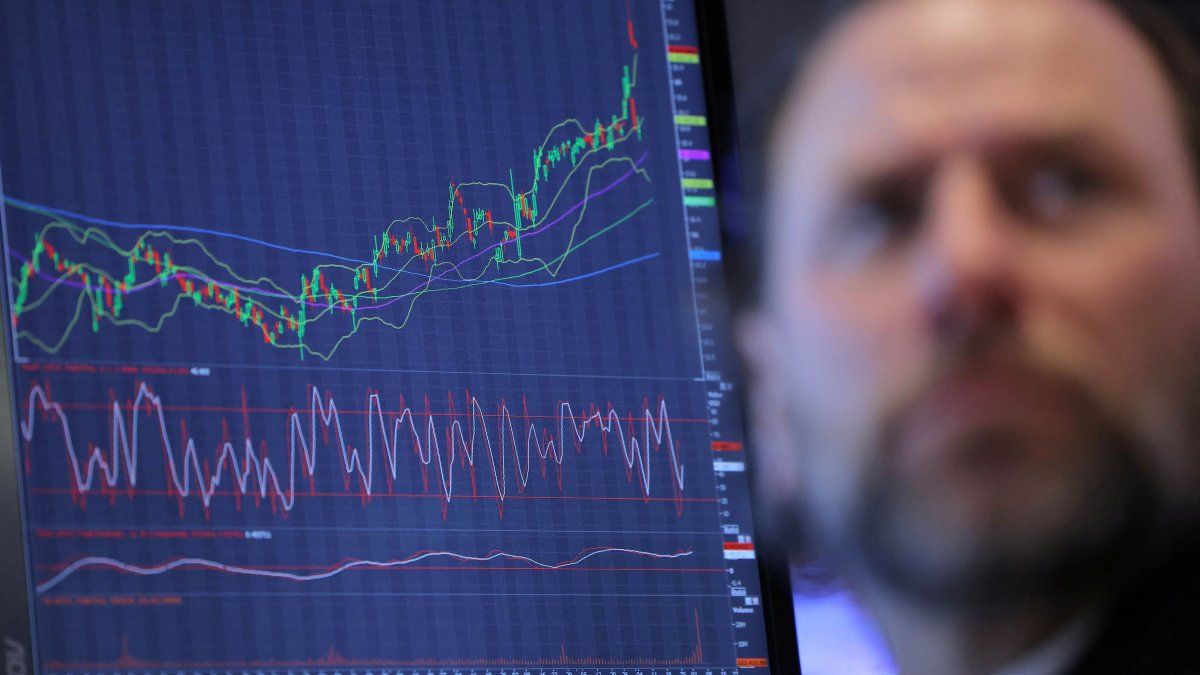Should YouTube, Twitter and Co. be legally prosecuted for extremist content? The Supreme Court is now dealing with this – the lawsuit is specifically about the IS terror in Paris in 2015.
US Supreme Court justices are showing restraint in a case that could undermine a fundamental principle of today’s Internet. It is about the reach of a legal US regulation from the 1990s, which exempts online services from liability for the publication of content created by others.
The rule known as “Section 230” is considered an important protective shield against lawsuits, under which platforms such as Google, Facebook or Twitter were able to develop.
Supreme judges rather skeptical
The nine Supreme Court justices on Tuesday held a hearing on a case centered on Google’s video platform YouTube. It is a complaint filed by the family of an American student who was killed in the terrorist attacks by the Islamic State (IS) terrorist militia in November 2015 in Paris.
She wants to hold YouTube accountable because the platform’s algorithms recommended IS propaganda videos to users. In their questions to the lawyers, the judges indicated that they were rather skeptical about the plaintiffs’ position.
Judge Clarence Thomas emphasized that the same algorithms are used that serve harmless content such as videos on how to prepare a rice dish to users. For this reason, too, he could not understand the accusation that the function was aiding and abetting terrorism.
Among other things, it is about thumbnails
Plaintiff attorney Eric Schnapper also argued that the platform was liable because it generated the small preview images – so-called “thumbnails” – when the videos were displayed. This means that YouTube itself is involved in the creation of content and is outside the protective framework of “Sections 230,” he said. Google lawyer Lisa Blatt countered that the thumbnails were just recordings from videos created by others.
At the same time, the judges hinted that the use of software with artificial intelligence – such as the technology behind the text machine ChatGPT on Microsoft’s search engine Bing – could change the situation for online platforms in the future. Judge Neil Gorsuch raised the question of whether a service with text generated by such software would itself become a producer of content that did not fall under Section 230 protection.
Source: Stern
I have been working in the news industry for over 6 years, first as a reporter and now as an editor. I have covered politics extensively, and my work has appeared in major newspapers and online news outlets around the world. In addition to my writing, I also contribute regularly to 24 Hours World.




